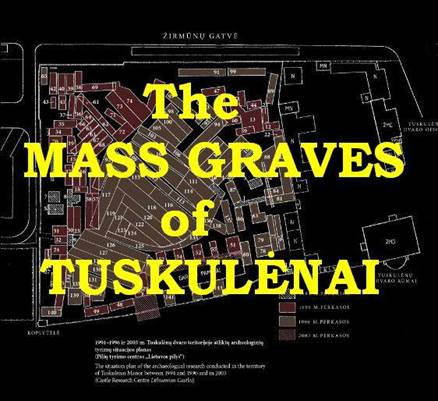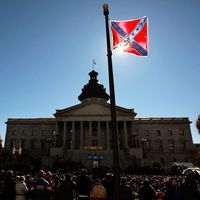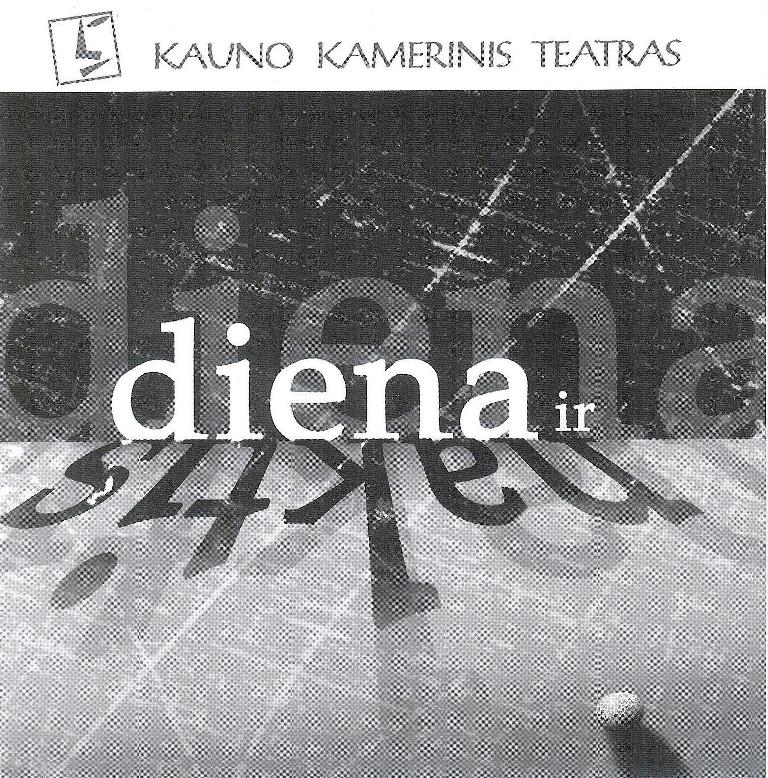M E D I A W A T C H / O P I N I O N
A month has now elapsed since the online Lithuania Tribune took a defamatory press release as God’s-honest-truth news, in absence of the slightest attempt to obtain a quote from the victim, or indeed anyone with a contrasting view. The press release came not from a news agency, but the highly partisan executive director of the “Red-Brown Commission” (the full and rather Orwellian name of which is “The International Commission for the Evaluation of the Crimes of the Nazi and Soviet Occupation Regimes in Lithuania”). The Commission is highly controversial to say the least, and resignations to date (all on principle) from its associated bodies include Dr. Yitzhak Arad, Sir Martin Gilbert (London), Prof. Gershon Greenberg (Washington, DC), Prof. Konrad Kwiet (Sydney) and Prof. Dov Levin (Jerusalem). Moreover, while putting forward an educational image to donors, it is in fact the ultranationalist political engine of a sizable part of the Double Genocide movement in Eastern Europe today, and this dubious role has been brought to light repeatedly. Major statements on the Commission’s activities came in 2012 from its former member Yitzhak Arad, and from the world’s last active association of Holocaust survivors from Lithuania.
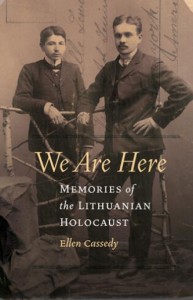 Had this title been billed as a simple memoir of Cassedy’s trip to Lithuania in the summer of 2004, my criticism of her book would be tempered. She had gone to the land of her ancestors to study Yiddish at the Vilnius Yiddish Institute and to connect with her Jewish roots. The professors and mentors she encounters at the Yiddish Institute come alive, as do the various Lithuanians and Jews with whom she connects. Cassedy is a good writer who captures physical details well. But even at that, this reviewer found the memoir to be superficial.
Had this title been billed as a simple memoir of Cassedy’s trip to Lithuania in the summer of 2004, my criticism of her book would be tempered. She had gone to the land of her ancestors to study Yiddish at the Vilnius Yiddish Institute and to connect with her Jewish roots. The professors and mentors she encounters at the Yiddish Institute come alive, as do the various Lithuanians and Jews with whom she connects. Cassedy is a good writer who captures physical details well. But even at that, this reviewer found the memoir to be superficial.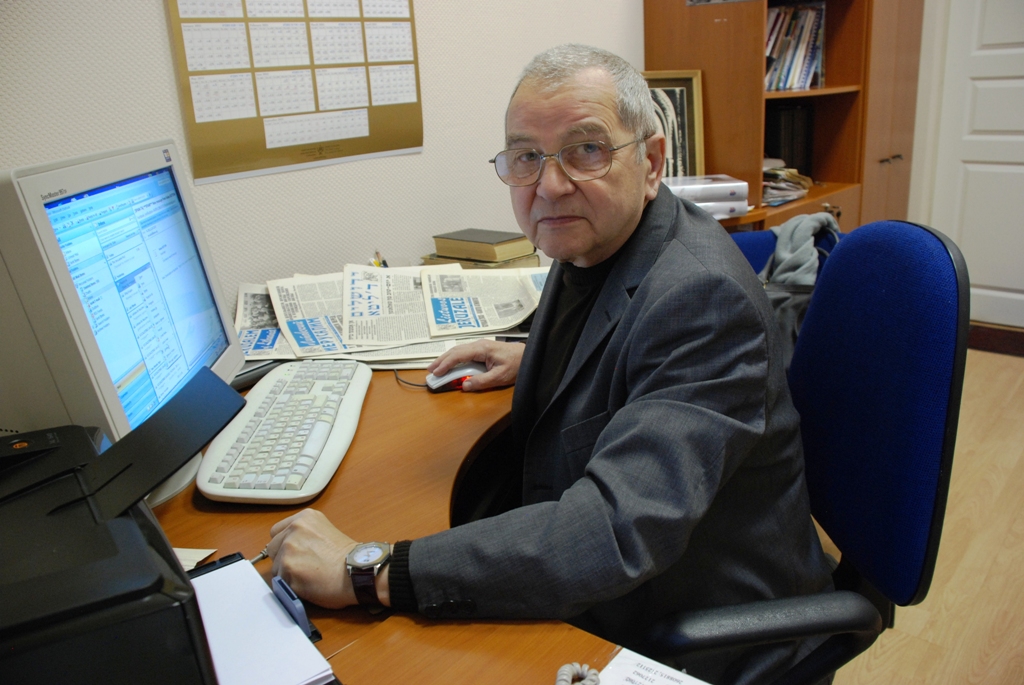 Milan Chersonski (Chersonskij), longtime editor (1999-2011) of Jerusalem of Lithuania, quadrilingual (English-Lithuanian-Russian-Yiddish) newspaper of the Jewish Community of Lithuania, was previously (1979-1999) director of the Yiddish Folk Theater of Lithuania, which in Soviet times was the USSR’s only Yiddish amateur theater company. The views he expresses in DefendingHistory are his own. This is an authorized translation from the
Milan Chersonski (Chersonskij), longtime editor (1999-2011) of Jerusalem of Lithuania, quadrilingual (English-Lithuanian-Russian-Yiddish) newspaper of the Jewish Community of Lithuania, was previously (1979-1999) director of the Yiddish Folk Theater of Lithuania, which in Soviet times was the USSR’s only Yiddish amateur theater company. The views he expresses in DefendingHistory are his own. This is an authorized translation from the 